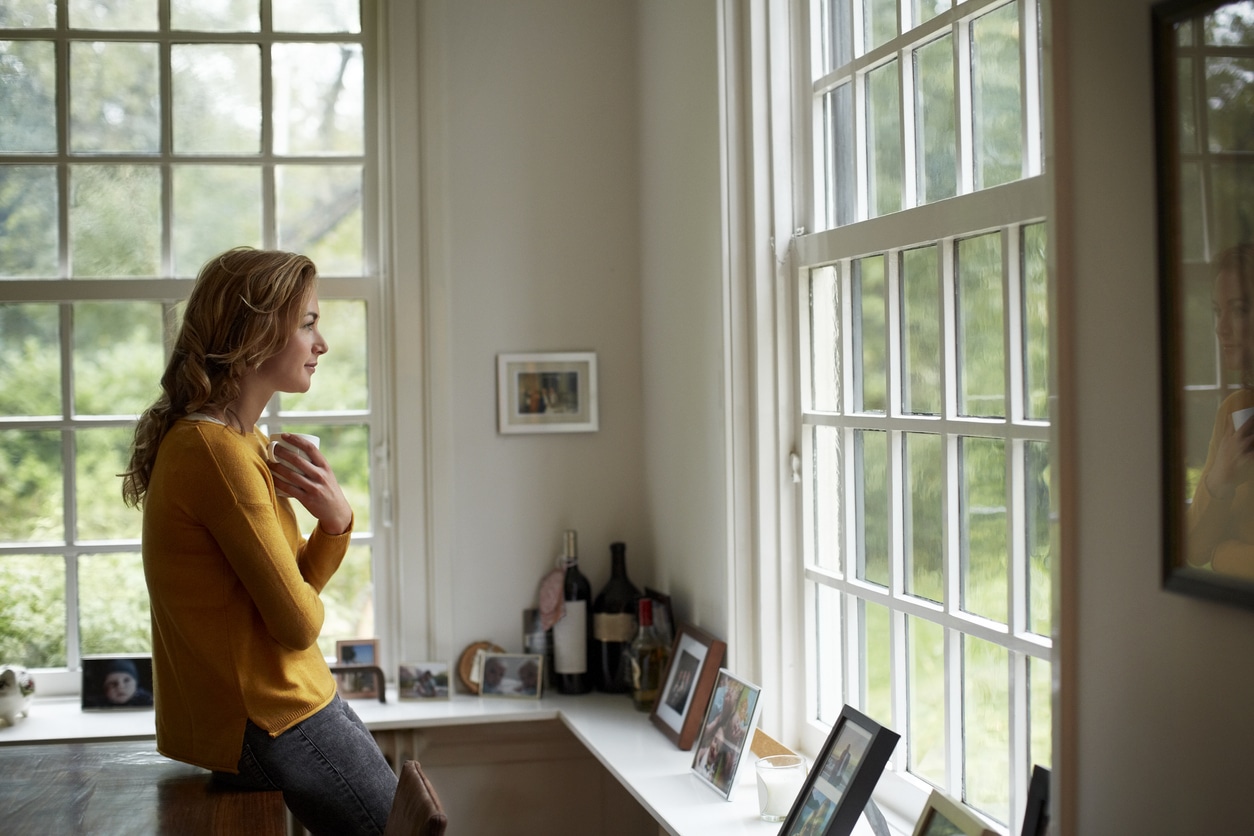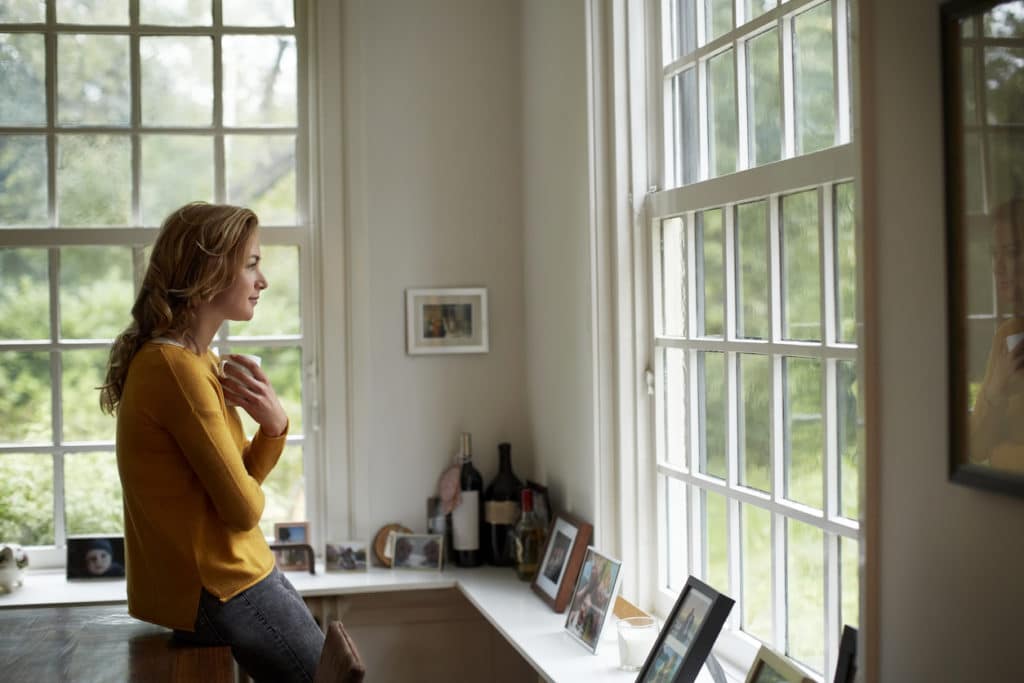
Even if you’ve never been diagnosed with depression or anxiety, life can still overwhelm you. When you watch the news, see the everyday effects of the pandemic, and live in a troubled time, you can start to feel the claws of anxiety pulling at your sanity. Instead of succumbing to the pressures of life’s difficulties, take some time to improve your mental health. With ART, even if the counselling is remote, you can build resilience and cultivate your inner peace. What are coping behaviours, and how can you alter them?
Negative Coping Behaviours to Avoid
In an age when social distancing is mandatory, it’s easy to slip into an isolated routine of negative coping behaviours. If you find yourself acting in the following ways as a result of increased anxiety, please seek help to turn those behaviours around.
- Increased smoking or vaping
- Increased alcohol use
- Drug use
- Overeating or drinking too much coffee
- Spending too much money online
- Gambling online
- Excessive video gaming
- Watching news programs too often
- Spending too much time on your phone or computer
- Excessive use of social media
Positive Coping Behaviours
What’s the right way to cope with our hardships and anxious feelings? There’s not one right answer that will work for everyone. The key is to find out what you can do to create a healthy balance in your life between stressful situations and positive interventions. Here are some coping behaviours that you may find effective.
- If you live alone, talk to people through FaceTime and Skype. Meeting people’s eyes is important for a feeling of being connected to others.
- If you live with others, connect with each other by doing cooperative projects, such as playing a board game, cooking a meal together, and painting the walls of a room together.
- Reduce the amount of news you take in every day.
- Spend time walking outdoors or playing with a pet.
- Calm yourself with soothing music, audiobooks, aromatherapy, or colouring in an adult colouring book.
- Get enough sleep.
- Eat well.
- Challenge yourself to smile and laugh more often.
If you would like to try professional counselling to help you overcome your tired, anxious slump, then please contact us. We’ll let you know how we can help.
